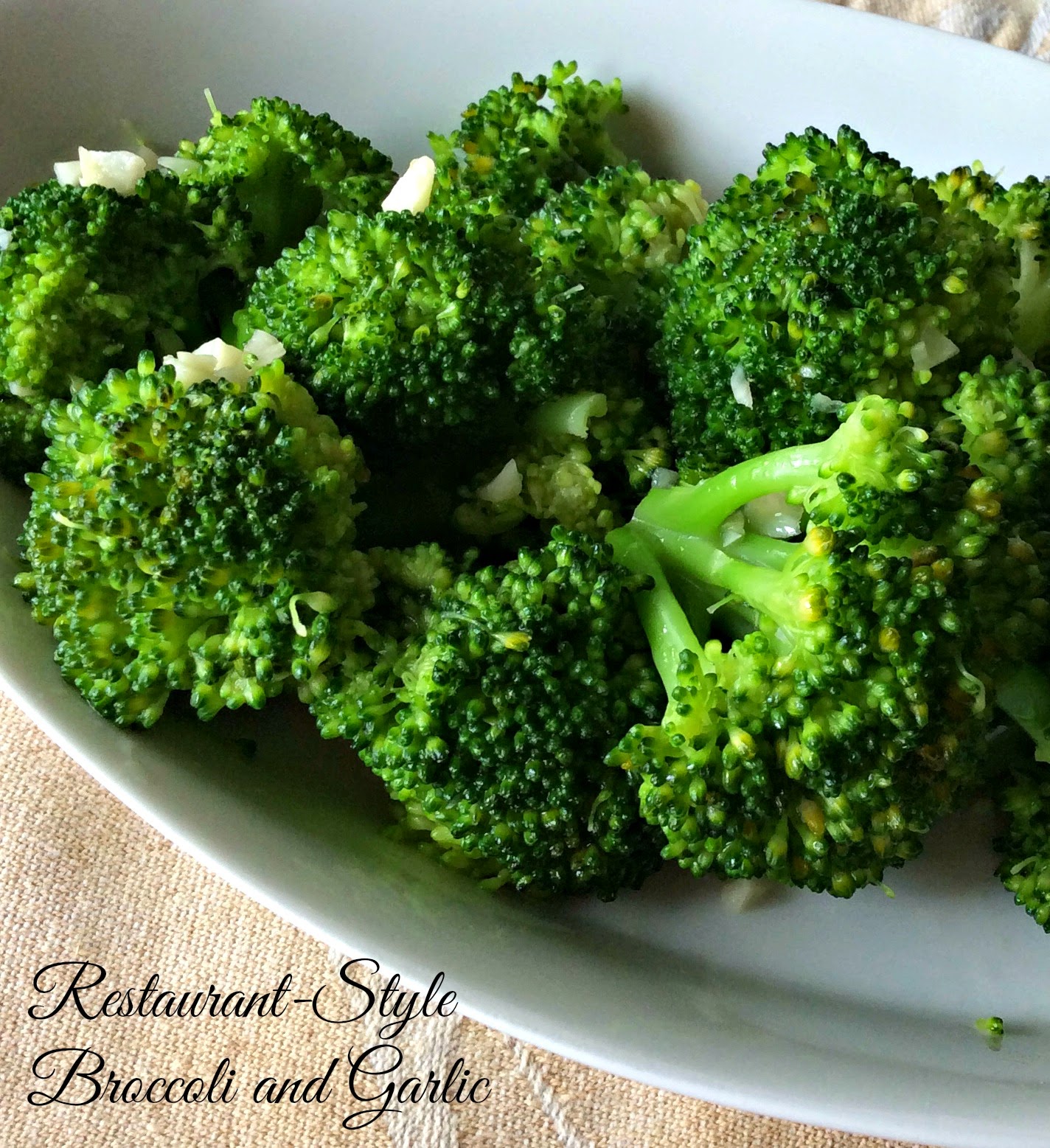The Mother Sauces - Bechemel
 |
| Cheese Sauce - derived from the Béchamel |
Sometimes in life the smallest things can make me
happy. While doing research for this
article about sauce recipes, I wanted to make sure I had my facts correct. I discovered that I share a common birthday
with none other than the famous French Chef Auguste Escoffier. He was born on
October 28th 1846 and passed away on February 12th
1935. Chef Escoffier had his start in
the culinary world at the age of 12. He made culinary history at the Savoy
Hotel in England and at the
Carlton Hotel in England. Chef Escoffier retired at the age of 74 from
the Carlton Hotel and had 62 years of honing his culinary skills. He is credited with redefining the art of
French Culinary cooking and redefining the 5 mother sauces for the 20th
century. Due to his mastering techniques,
Chef Escoffier was dubbed, “the king of chefs and the chef of kings”. To this day he is honored world wide and I am
proud to share my birthday with him!
For those of you less familiar, the five mother sauces are:
- Béchamel – a white sauce based on flour and milk.
- Brown – a brown sauce based on beef stock. Also known as demi-glace. Also known as Espagnole Sauce.
- Velouté – a blonde sauce based on a light broth made from chicken, veal or fish stock.
- Hollandaise – a yellow sauce based on egg yolk and lemon juice.
- Tomato – a red sauce based on tomatoes.
Other sauces are derived from these base sauces. For instance, Bearnaise comes from Hollandaise, a cheese sauce derives from Béchamel and Chasseur derives from a Brown Sauce. The list goes on and on. You could spend the time to learn and master the five mother sauces and branch out to other sauce recipes. Knowing the basic sauces helps in the kitchen and gives you the ability to be creative in the kitchen.
The first mother sauce Béchamel is a mixture of milk, butter and flour.
- In a sauce pot over low heat, warm 5 cups of milk.
- In another sauce pot over medium low heat, melt 3/4 stick of unsalted butter.
- When the butter has melted, add in 1/3 cup of flour to the butter. Keep whisking together until it is blended and keep whisking for around 3 minutes or so to cook out the raw flour taste. You have just created a roux, which is the thickening part of the sauce.
- To the roux, slowly pour in the warmed milk mixture and keep whisking until well incorporated.
- To the milk and roux add in some white pepper - approximately 1/8 tsp. (black is okay to use - but traditionally it is white pepper) and a little bit of ground nutmeg. If you have whole nutmeg - shave it along a planer. Do not use too much as nutmeg can be very overpowering. A few scrapes up and down the planer if fine. Add a little bit of salt to taste.
- Cream Sauce - add 1 cup of heavy cream to the Béchamel.
- Mornay Sauce - add 4 ounces each, Gruyere and Parmesan cheese.
- Cheese Sauce - add 1 cup cheddar cheese to 1 cup of the Béchamel. This is generally how I make mine. However, classical cooking calls for the addition of 1/2 tsp. of dry mustard and 1 tbsp. of Worcestershire sauce.
- Mustard Sauce - add 1/4 cup prepared mustard to the 5 cups of Béchamel.
- Soubise Sauce - add 1 large sweet onion that has been sauteed and caramelized and pureed to the 5 cups of Béchamel. An optional ingredient is also adding in 2 cups of tomato puree. This would give you a "pink sauce".
- Nantua Sauce - this is a new one for me and I had to research it. This sauce incorporates shrimp butter. To make the shrimp butter you would combine cooked shrimp and butter and blend together in a food processor. That mixture would then get placed on plastic wrap and formed into a roll and the ends of the plastic wrap twisted. You would then refrigerate or freeze it until you needed some.









Comments
Post a Comment